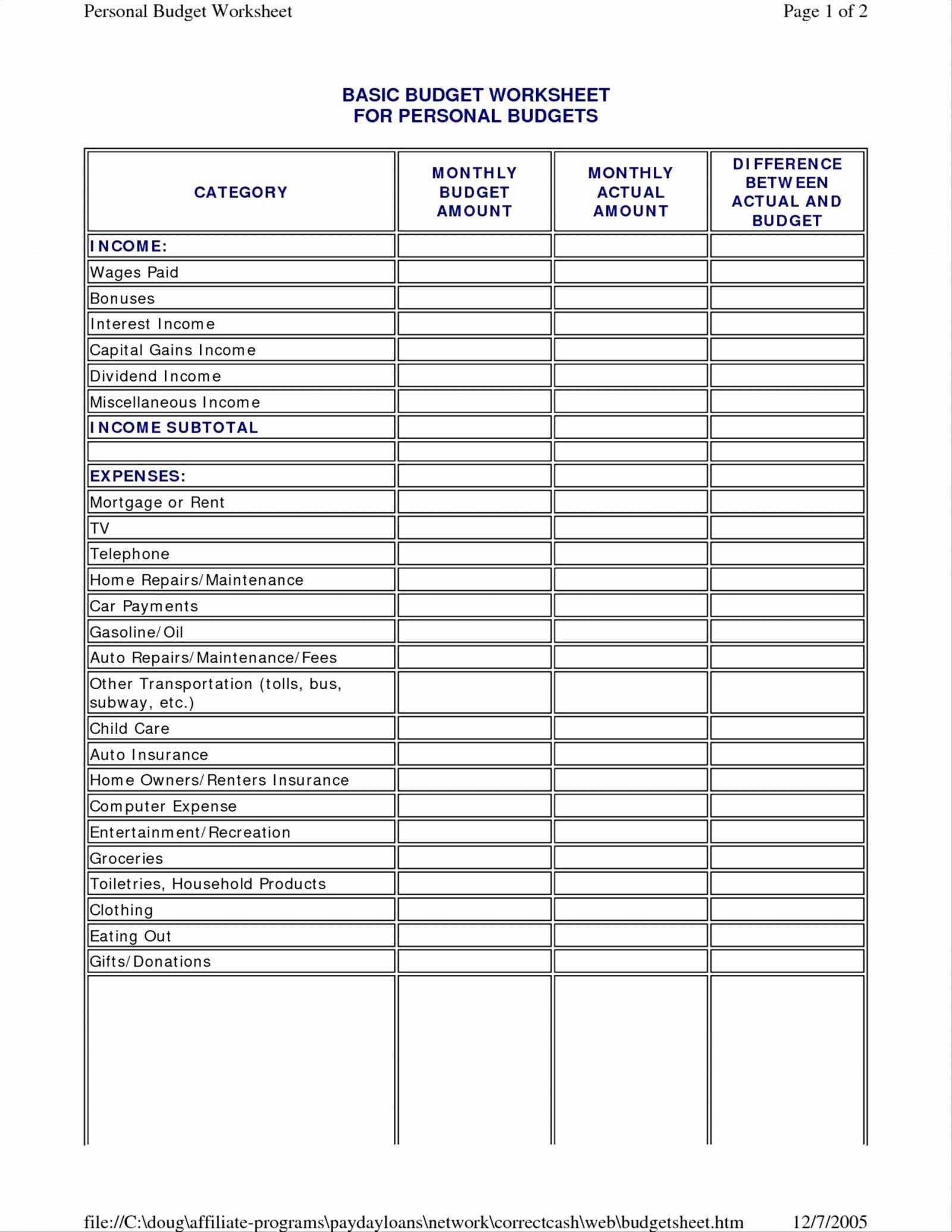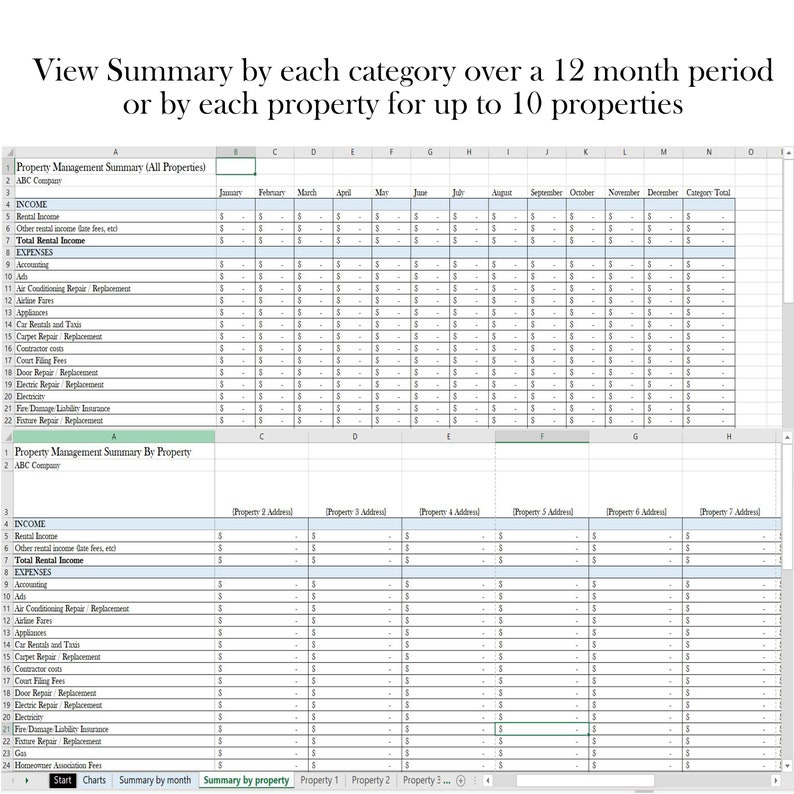

– unit trusts or partnerships where every entity is of the types listed above. – superannuation plans that are not an SMSF – corporate tax entities (companies, corporate limited partnerships, corporate unit trusts, and public trading trusts) Travel deductions can continue to be claimed by the following taxpayers who own residential rental property: The legislation is primarily targeted at individual landlords who are not in business. The changed rules mean that travel expenditure incurred in gaining or producing assessable income from residential premises is not deductible unless incurred by certain institutional entities or incurred in the course of carrying on a business. This measure was introduced to address concerns that some taxpayers were claiming travel deductions without correctly apportioning costs where there was a private component to the travel, or claimed travel costs that were exclusively for private purposes. New rules, introduced just over a year ago (and therefore perhaps not ingrained in many people’s minds), mean that investors can no longer claim travel expenses relating to inspecting, maintaining or collecting rent for a residential rental property as deductions, unless they are carrying on a rental property business or are an excluded entity. Late last calendar year, the ATO revealed that it had identified 26,000 taxpayers who had incorrectly claimed deductions for travel to rental properties during tax time 2018, despite recent changes to the law in this area. The ATO recently highlighted significant non-compliance with the rules prohibiting taxpayers claiming travel expenses related to residential rental properties.

Rental travel expenses mostly off the table


 0 kommentar(er)
0 kommentar(er)
